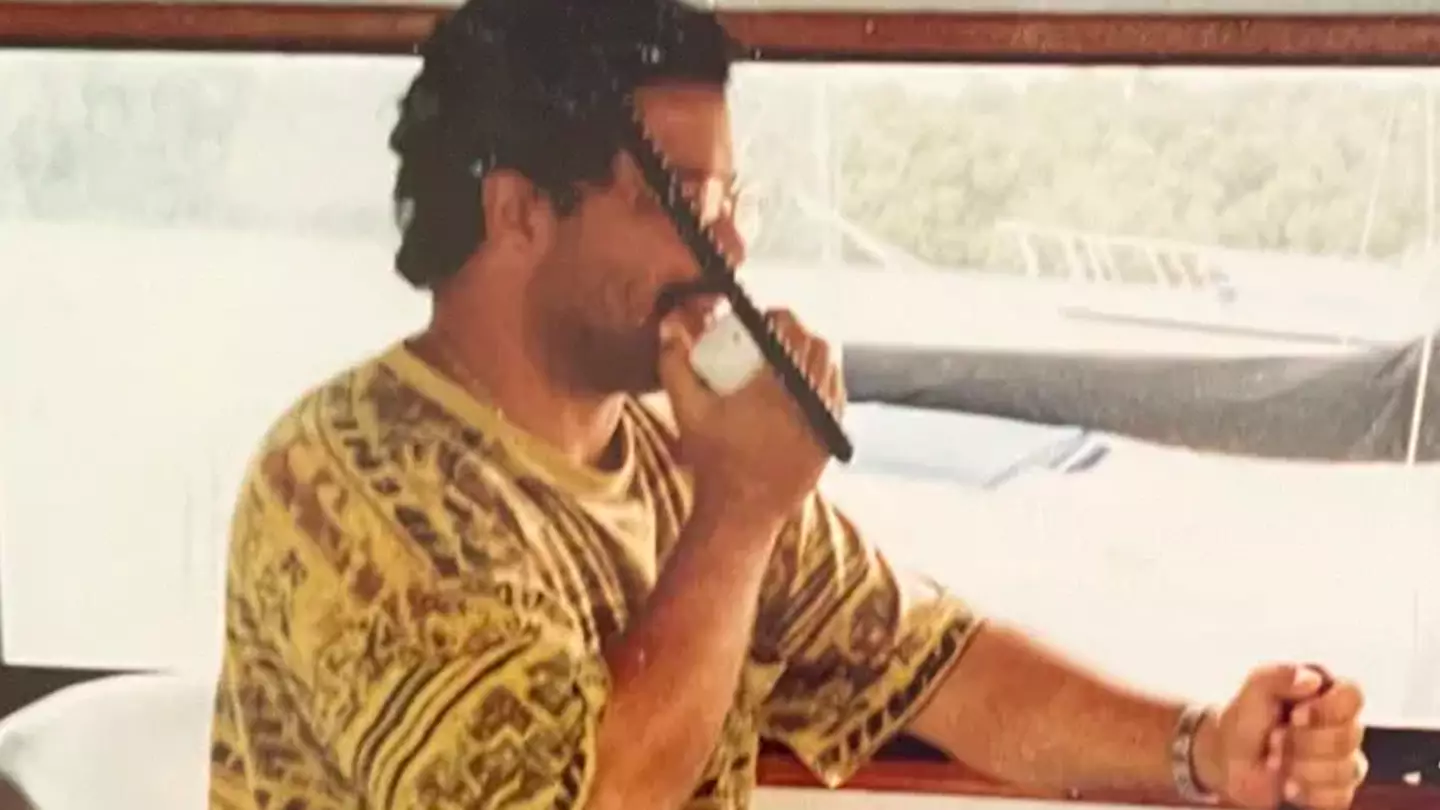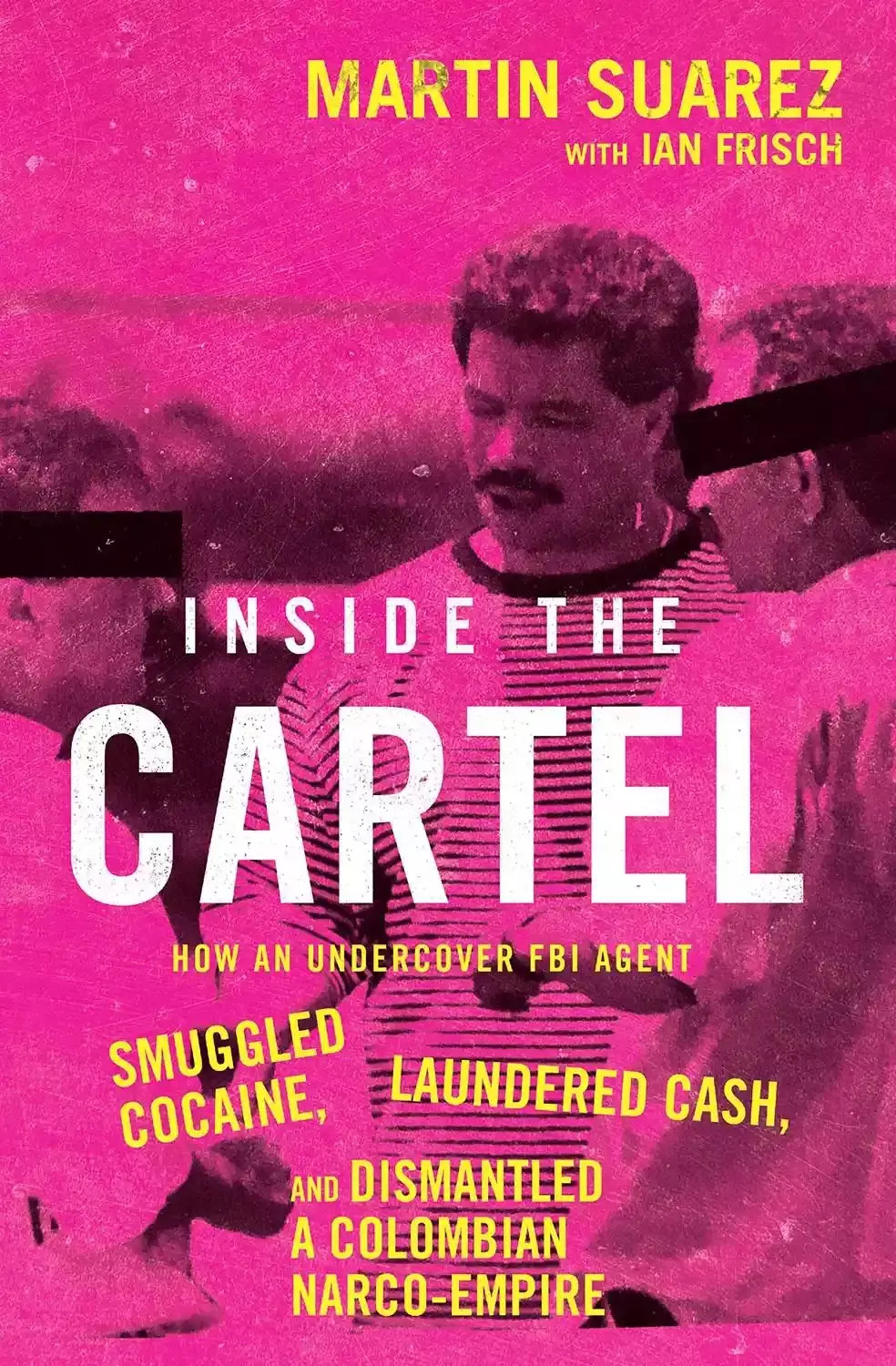.png)
A former FBI agent who spent years living a double life inside one of the world's most dangerous cartels has explained how it came at a cost.
Martin Suarez worked for the agency from 1988 until 2011, and decades of the time he served as a special agent was spent under the alias of 'Manny' - which he has revealed took a psychological toll on him.
In an interview with People, Suarez opened up about the impact of working deep undercover in the North Coast Cartel, one of Colombia’s most violent criminal networks.
“When you're working deep undercover for months or years at a time, your personality changes,” Suarez shared. “The push and pull of Martin and my undercover alter-ego, Manny, was ever-present, and it bled over into my family life.
Advert

“I always operated best when I did not compartmentalize my two personas, but rather was both Martin and Manny at the same time. And while that produced the best results with my cases, it also weighed the heaviest on my psyche.
“And I did sympathize with some of the cartel men. As someone who grew up in Puerto Rico in the 1960s, I knew what poverty could do to a person's moral compass. But I always reminded myself that they made these decisions, and it was my job to take them down.”
The rare glimpse into the life of an undercover FBI agent comes after Suarez opted for a biography to be written about his time on the streets of Columbia, titled Inside the Cartel: How an Undercover FBI Agent Smuggled Cocaine, Laundered Cash, and Dismantled a Colombian Narco-Empire.
While many retired undercover FBI agents decide against speaking out about their time infiltrating drug gangs due to safety risks, Suarez's motivation comes following his diagnosis of amyotrophic lateral sclerosis (ALS).
For those unaware of ALS, it's a degenerative health condition that affects nerve cells in the brain and spinal cord and gets worse over time, according to the Mayo Clinic.

ALS, often referred to as Lou Gehrig's disease after the baseball player who suffered from it, affects muscle control which starts small, like twitching and weakness in an arm or leg, or difficulty swallowing or speaking, before slowly affecting the muscles needed to move, speak, eat and breathe over time.
The disease is fatal and has no cure, with people living typically three to five years after diagnosis, according to the Muscular Dystrophy Association, though some sufferers can live for many years.
Speaking about his 'scariest moment' undercover, Suarez explained: “To this day, I can still feel the hitman's gun pressed against the back of my skull.
“It was 1994, and I had been working deep undercover for six years straight. I had just closed my case where I had posed as a money launderer for the North Coast Cartel [of Colombia].
“The indictment had just been unsealed - and I was the only person not charged. That gave me away.”
He went on to add: “The cartel's money boss, [known as] 'El Toro Negro', sent a sicario [hitman] to kill me. I had never thought that I would be found, but I was wrong.
“As the assassin told me to get down on my knees, I thought I was a goner. But I kept my family in my heart, and told myself I wasn't going to die that day.”